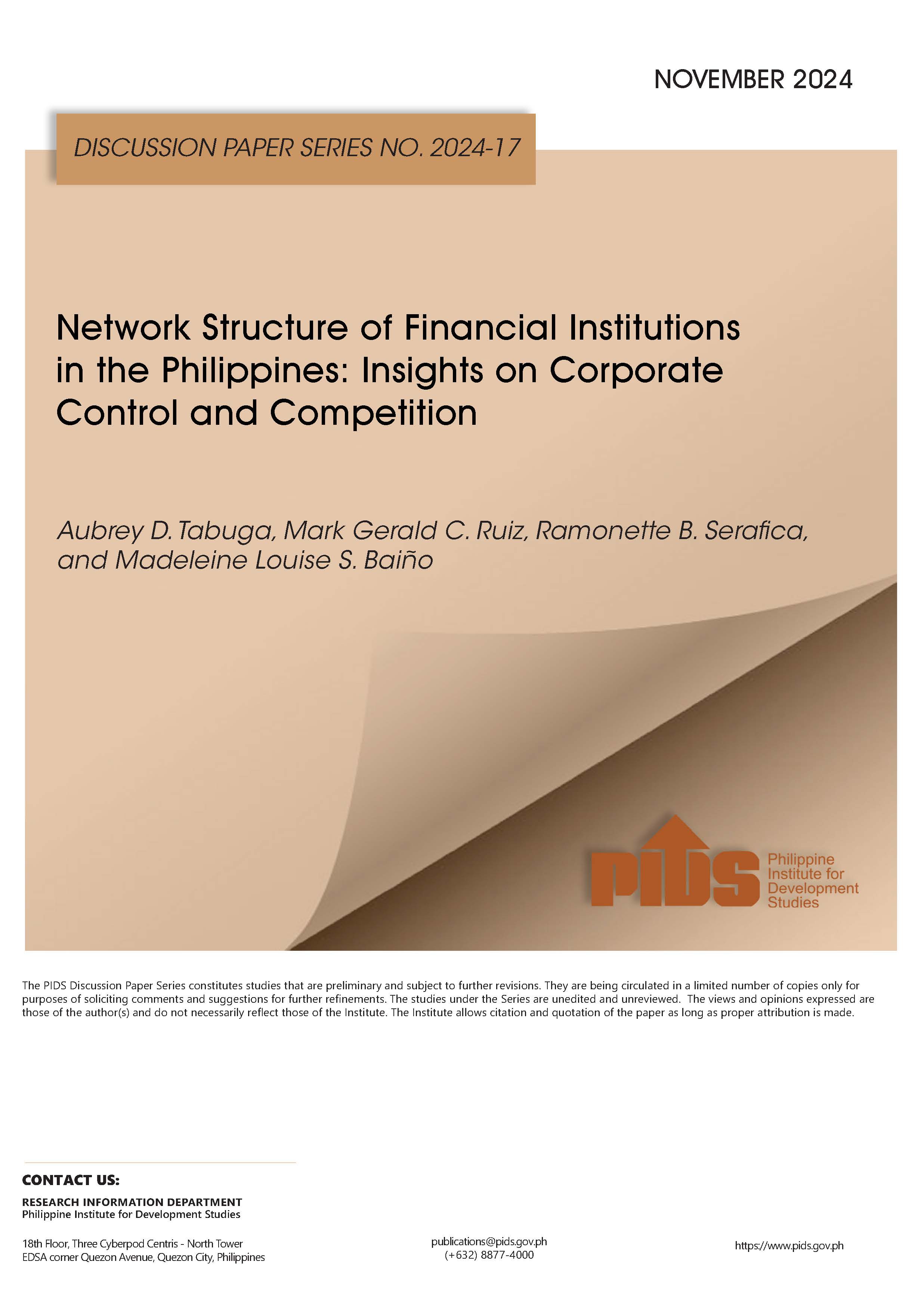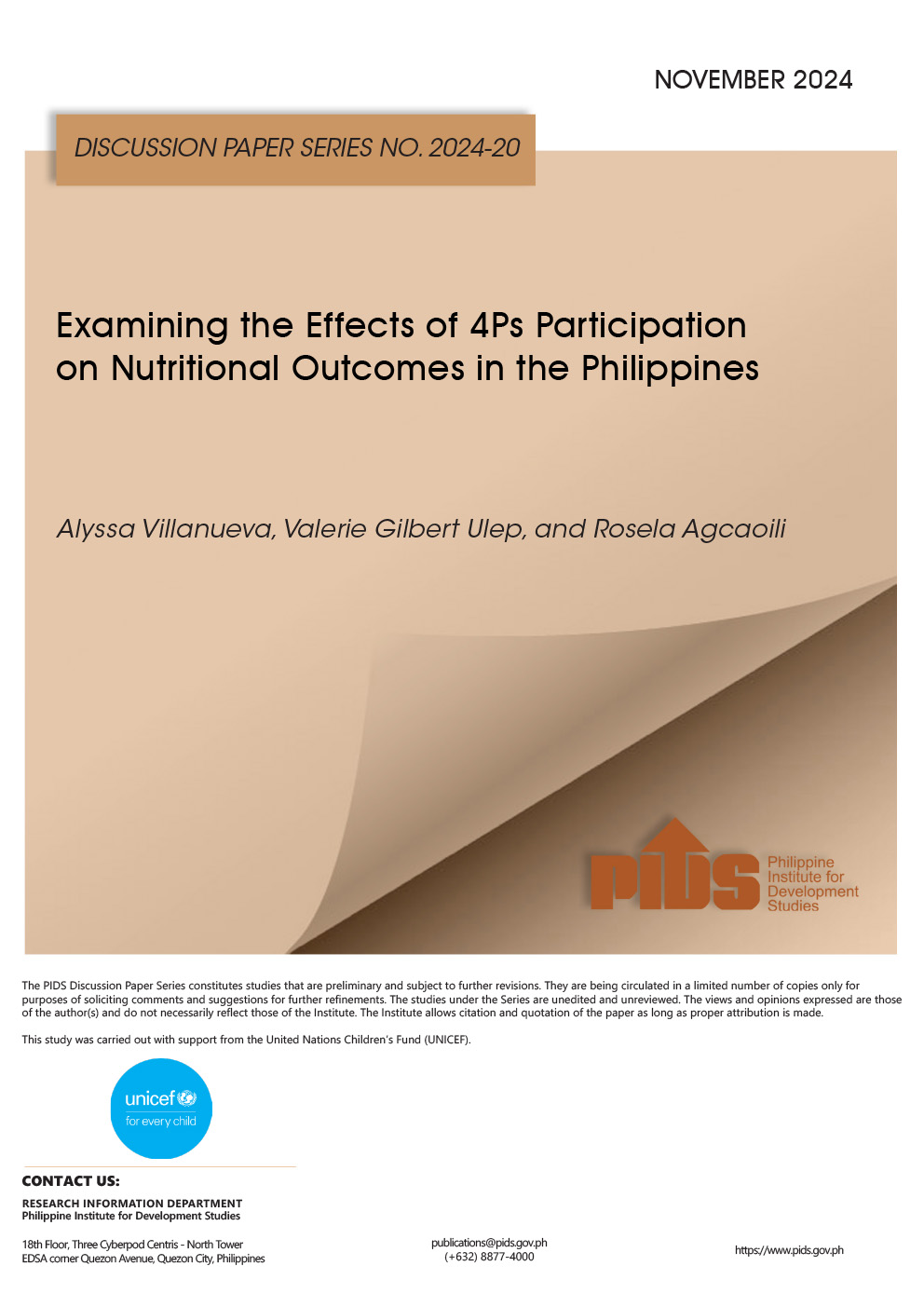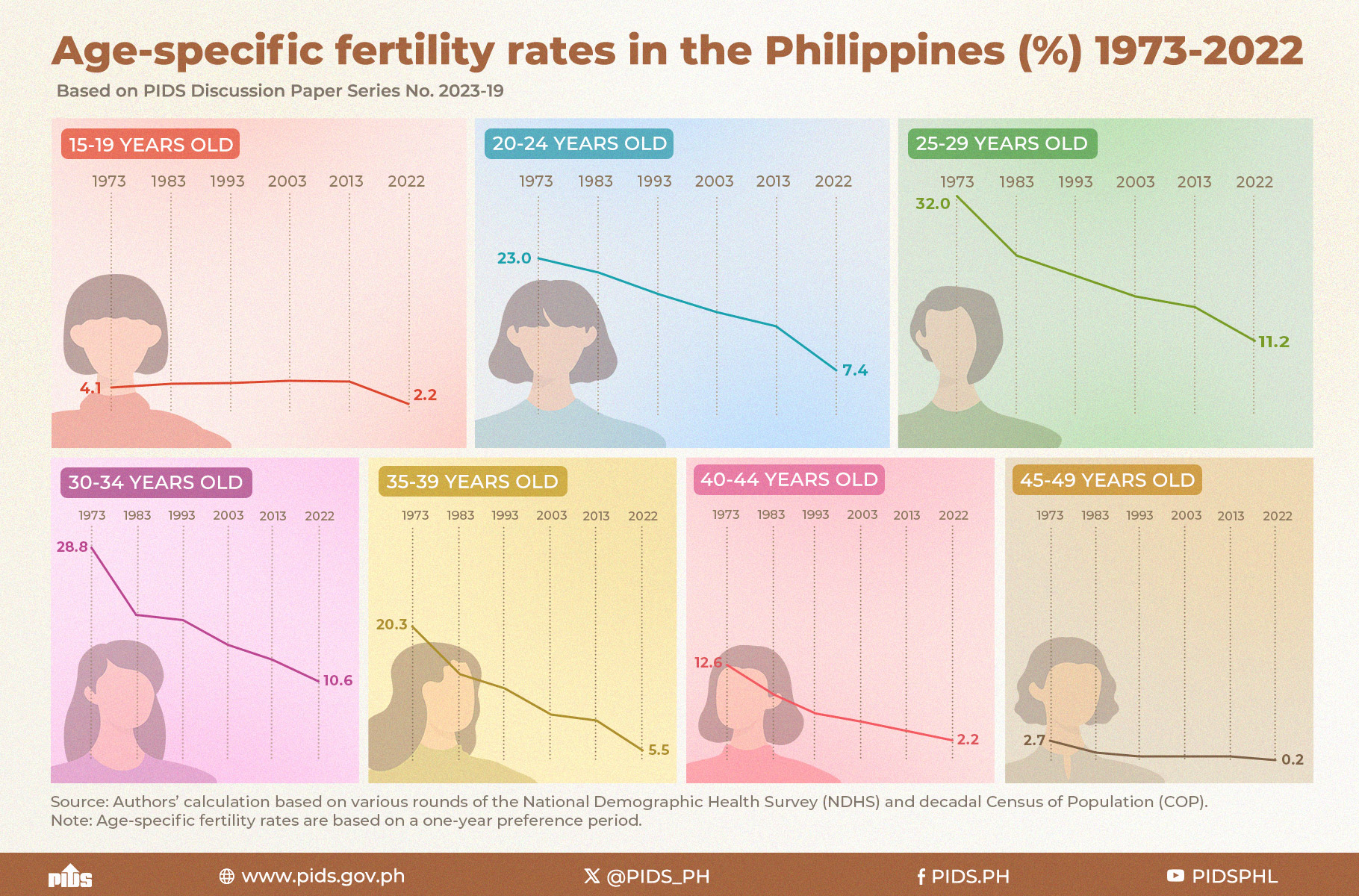The envisioned Asean Economic Community (AEC) is supposed to be fully operational in two years , but awareness of the implications of regional integration is not widespread among Southeast Asians. In the Philippines, average citizens outside the agriculture and trade sectors have not heard of it or have not bothered understanding what it is. “No, I don’t know what that means,” said a 59-year-old mother of two who works as a part-time marketing agent in the country’s metropolis when asked whether she knows what Asean integration is. The lack of awareness is the reason proponents are urging governments to embark on a promotional campaign. But on the opposite end of the spectrum, some Filipinos working in sectors expected to be significantly affected by AEC are fully aware of it and have no qualms expressing their reservations.
The Philippine Maize Federation Inc. (PHILMAIZE), a non-profit organisation of corn producers in the country, acknowledges the benefit of a bigger market that will result from integration. However, the group said Filipino corn farmers would not be able to take advantage of the bigger market—and will even be prone to income losses—if government support for their sector remains lacking. Dr Linda Medalla, a senior research fellow at the state-run Philippine Institute for Development Studies, on the other hand, said a member country would be placing itself at a big disadvantage if it would not be part of the AEC. “Just imagine Asean integration without the Philippines,” Medalla said. She said the Philippines, or any Asean member country for that matter, would be substantially left behind in terms of investments, jobs, economic output and income if it would exclude itself from AEC. While its neighbours would be enjoying the benefits of free flow of foreign investments, the non-participating country would most likely be left out in investment-making decisions of multinational companies eyeing the huge Asean market. With this backdrop, she said, being part of AEC is a must. “The fact that they are grouped together, Asean member countries achieve a greater voice and increase their value as an investment destination,” Medalla said. Medalla noted that although Asean integration has its disadvantages, it benefits member countries on a net basis. “Countries should not fear integration. On the contrary, they should welcome it and look forward to its benefits,” she said. “With integration, Philippine food products like Oishi and Jack & Jill [brands of junk food] and Belo beauty products, for instance, will have a much wider market and a much bigger number of customers,” she said. -- Asean Economic Community (AEC), Dr Linda Medalla












